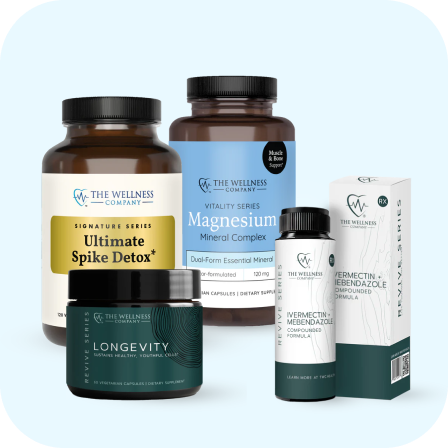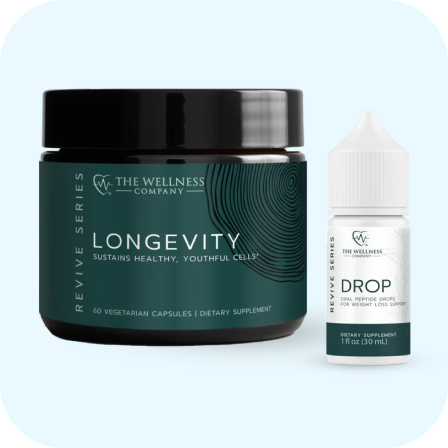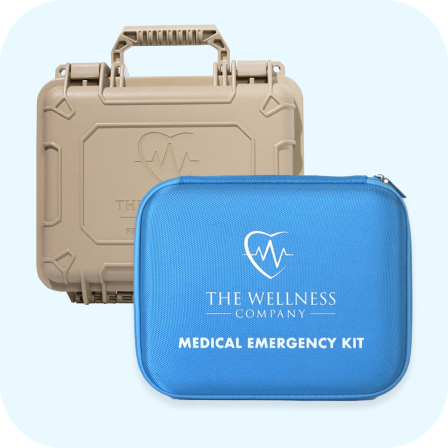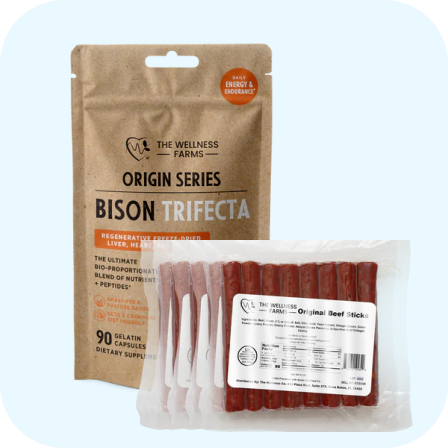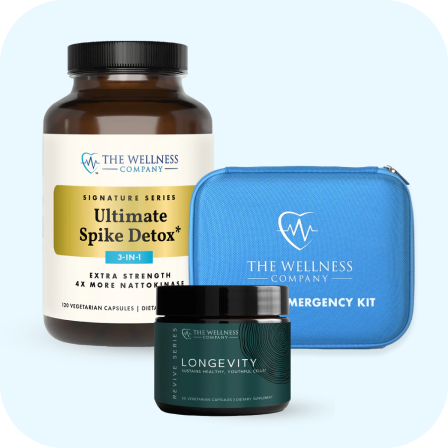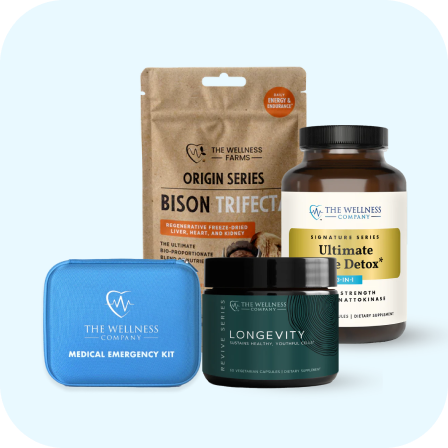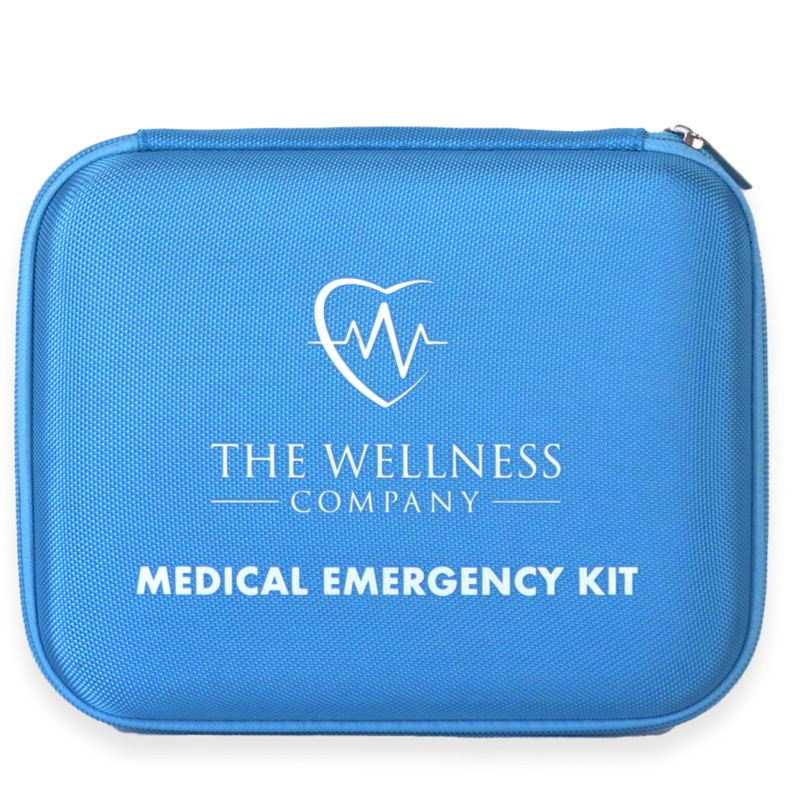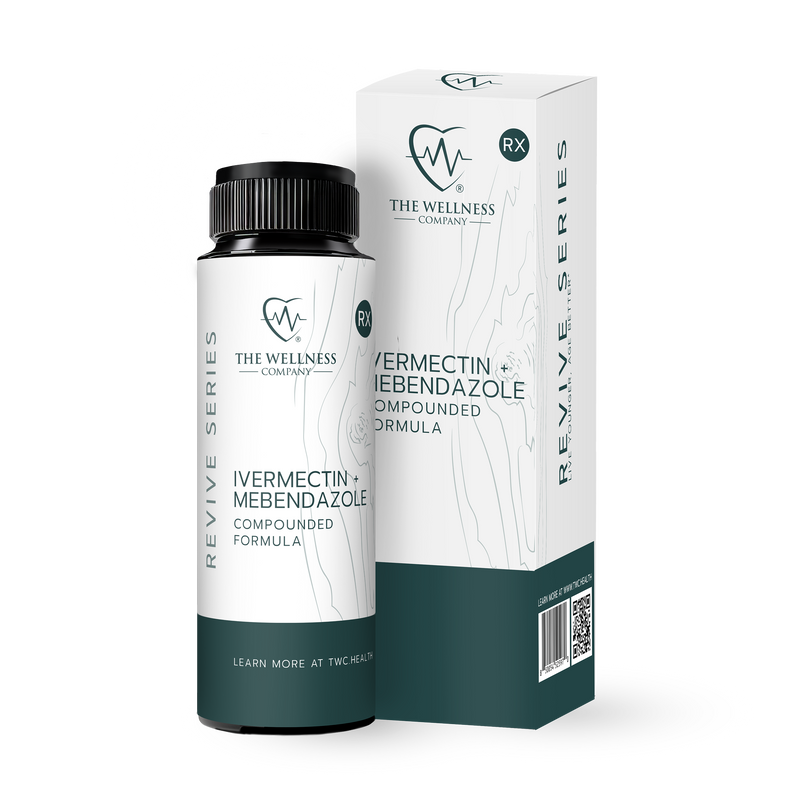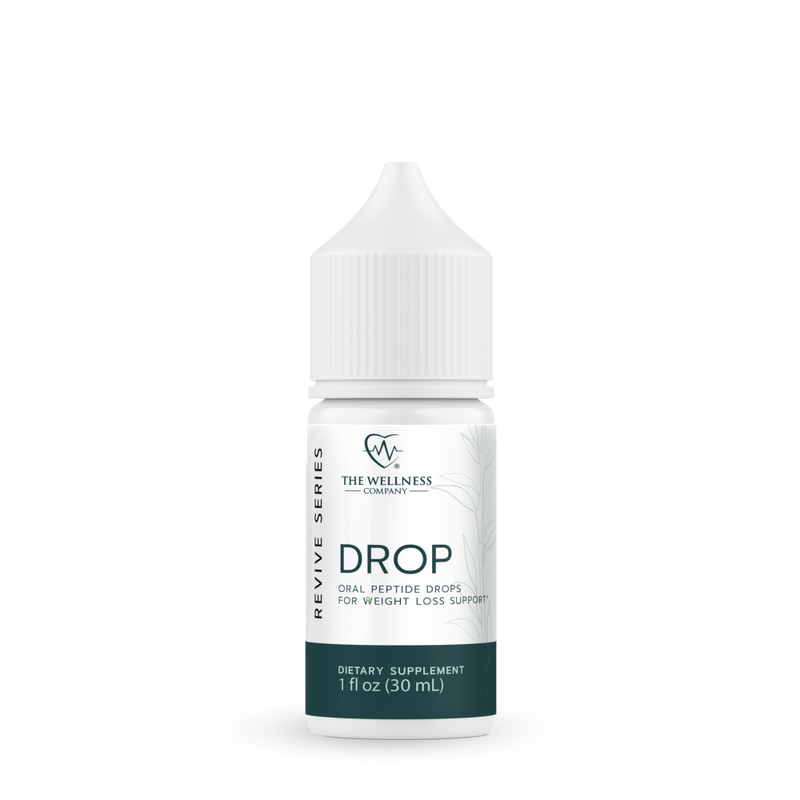Selenium's Role in Combating COVID-19: From Antiviral Activity to Cardiovascular Support
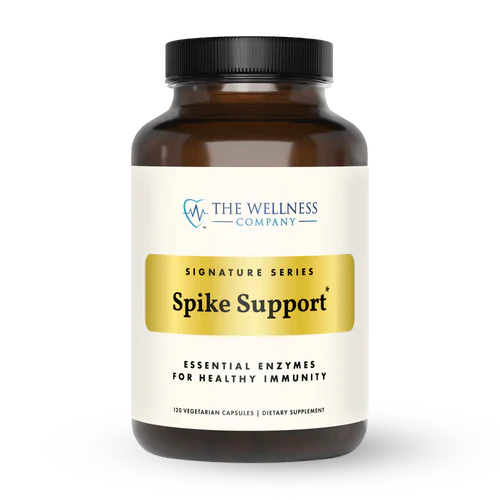
Selenium, an essential micronutrient found in TWC's Spike Support Formula, gained attention for its potential role in treating COVID-19 after a systematic review in 2022 found that lower blood selenium levels were associated with worse COVID-19 outcomes [1,2].
This trace element appears to play a key role in a variety of biological processes that help maintain our health. Among much else, selenium optimizes redox balance, boosts immunity, reduces the risk of lung pathology, and enhances endothelial function.
In this article, we will explore the importance of selenium in the context of COVID-19, explaining how it impacts several key aspects of our health and why it might be crucial in the fight against the virus.
Optimized Redox Balance
Redox balance is the equilibrium between the production of reactive molecules known as free radicals, and the availability of antioxidants within our body. Free radicals are chemically unstable molecules that can damage cells and contribute to aging and disease. Antioxidants, such as selenium, neutralize free radicals, mitigating cellular damage [3]. Whether we’re addressing COVID-19 or any other disease, maintaining an optimal redox balance is essential for overall health, ensuring that our body's natural defense mechanisms work effectively to protect against potentially damaging free radicals.
Bolstered Immune Function
Selenium plays a critical role in supporting our immune system [4]. It is involved in the production of selenoproteins, which help our immune cells effectively recognize and attack pathogens, such as viruses and bacteria. In the context of COVID-19, a robust immune response is necessary to combat the virus and prevent severe disease.
Indeed, studies have shown that individuals with adequate selenium levels have a better chance of recovering from the virus compared to those with selenium deficiency [5]. By ensuring optimal selenium intake, we can bolster our immune system and improve our ability to fight off any infections, including COVID-19.
Lower Risk of Lung Pathology
Severe cases of COVID-19 often involve complications in the lungs, such as pneumonia and acute respiratory distress syndrome (ARDS). These conditions can lead to severe hypoxemia, a deficiency of oxygen in the blood, which can be life-threatening. We've known for decades that selenium deficiency may increase susceptibility to lung pathology and intensify viral infections, as it is linked to overexpression of pro-inflammatory cytokines [6]. These cytokines can worsen lung damage and inflammation in COVID-19 patients. This is another reason why maintaining adequate selenium levels is important to mitigate the risk of severe lung complications and improve outcomes for those battling the virus.
Healthier Endothelial Cells
Endothelial cells are essential for maintaining the health of our blood vessels. In COVID-19 patients, the virus can directly infect endothelial cells, causing endotheliitis, which refers to inflammation of the endothelium [4]. This inflammation can lead to endothelial dysfunction, a condition that exacerbates the severity of COVID-19. Selenoenzymes, such as glutathione peroxidase (GPx) and thioredoxin reductases (TrxR), play a crucial role in maintaining endothelial cell function [7]. By maintaining adequate levels of selenium, you can ensure optimal health of these selenoenzymes and mitigate damage of the endothelium.
Bottom Line
Selenium's role in maintaining redox balance, supporting immune function, and optimizing cardiorespiratory function highlights its importance in the context of COVID-19. Ensuring adequate selenium intake can help bolster our immune system, protect against severe lung complications, and maintain the health of our blood vessels, all of which contribute to better outcomes for those affected by the virus.
Related Supplement
The Wellness Company’s Spike Support Formula contains the following ingredients:
- Nattokinase (degrades spike protein)
- Selenium (supports immune and blood vessel function)
- Dandelion root (acts as a detoxifying agent supporting better liver function)
- Black sativa extract (may facilitate cellular repair)
- Green tea extract (provides added defenses at the cellular level through scavenging for free radicals)
- Irish sea moss (could help rebuild damaged tissue and muscle)
References
[1] Moghaddam, A., Heller, R. A., Sun, Q., Seelig, J., Cherkezov, A., Seibert, L., ... & Schomburg, L. (2020). Selenium deficiency is associated with mortality risk from COVID-19. Nutrients, 12(7), 2098.
[2] Fakhrolmobasheri, M., Mazaheri-Tehrani, S., Kieliszek, M., Zeinalian, M., Abbasi, M., Karimi, F., & Mozafari, A. M. (2022). COVID-19 and selenium deficiency: a systematic review. Biological Trace Element Research, 200(9), 3945-3956.
[3] Kuršvietienė, L., Mongirdienė, A., Bernatonienė, J., Šulinskienė, J., & Stanevičienė, I. (2020). Selenium anticancer properties and impact on cellular redox status. Antioxidants, 9(1), 80.
[4] Bae, M., & Kim, H. (2020). The role of vitamin C, vitamin D, and selenium in immune system against COVID-19. Molecules, 25(22), 5346.
[5] Beck, M. A., Nelson, H. K., Shi, Q., Van Dael, P., Schiffrin, E. J., Blum, S., ... & Levander, O. A. (2001). Selenium deficiency increases the pathology of an influenza virus infection. The FASEB Journal, 15(8), 1481-1483.
[6] Varga, Z., Flammer, A. J., Steiger, P., Haberecker, M., Andermatt, R., Zinkernagel, A. S., ... & Moch, H. (2020). Endothelial cell infection and endotheliitis in COVID-19. The Lancet, 395(10234), 1417-1418.
[7] Brigelius-Flohé, R., Banning, A., & Schnurr, K. (2003). Selenium-dependent enzymes in endothelial cell function. Antioxidants and Redox Signaling, 5(2), 205-215.







